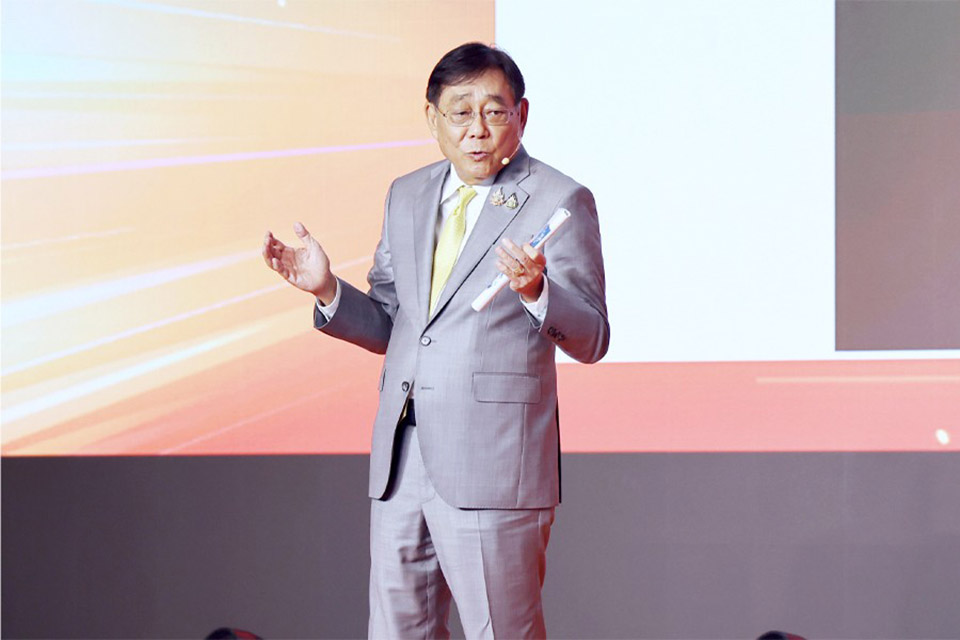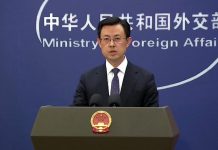
BANGKOK, Thailand – In a recent address at the ACMA Business Forum 2024, held under the topic – Shaping Tomorrow: Exploring the Intersection of Aging Society, Economic Dynamics and Innovation, at InterContinental Hotel on Monday, Deputy Prime Minister and Finance Minister Pichai Chunhavajira outlined significant proposals for Thailand’s economic future, including potential tax reforms and a target exchange rate.
Thailand’s Economic Growth Concerns
Minister Pichai highlighted Thailand’s struggle with underperformance relative to its economic potential. Historically, during the 1980s, Thailand was considered an emerging market with robust economic growth and high investment rates. However, current investment levels have plummeted to just 19% of GDP, and the post-COVID growth rate stands at a mere 1.9%.
Despite Thailand’s favorable location, infrastructure, and agricultural potential, Pichai noted that the country is failing to attract sufficient investment. He suggested that the Thai baht should ideally be at 47 baht per USD to support exports and bolster economic growth. The current rate is about 34 baht per USD, implying a potential devaluation of over 38% to reach the target.
VAT Tax Overhaul Proposal
Pichai also discussed plans to overhaul the value-added tax (VAT) system. He proposed increasing VAT from the current 7% to potentially 10% as part of broader efforts to address economic disparities and increase government revenue. The move aims to integrate and streamline tax collections, particularly targeting consumption taxes to reduce income inequality.
Pichai acknowledged that any increase in VAT would be controversial and would need to be carefully managed to balance revenue needs with economic impact. He indicated that while the exact increase is yet to be determined, the government is considering significant adjustments to VAT as part of its fiscal strategy.
Future Developments
The finance minister’s remarks suggest a period of potential change for Thailand’s economic policies, focusing on both the exchange rate and tax structure to address long-standing issues of growth and investment. The specifics of these proposals will likely be clarified in the coming months as the government finalizes its economic strategy.










